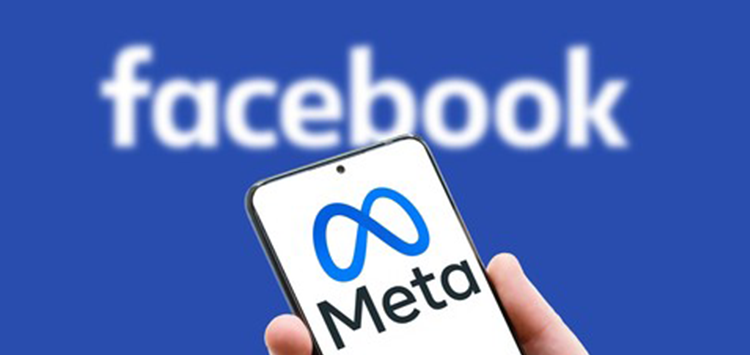The Competition Commission in South Africa has requested that the country’s Competition Tribunal prosecute social media giant Meta, previously known as Facebook Inc, for engaging in acts that resulted in non-competitiveness.
The Commission made this known after revealing its findings following a complaint by chatting apps, GovChat and #LetsTalk against Meta’s popular platforms, Facebook and WhatsApp in 2020.
The Commission is accusing Meta of preventing GovChat and #LetsTalk from the WhatsApp Business Application Programming Interface, which ought to allow businesses and government agencies to message at scale, among other things.
This is in contravention of the Competition Act, (which) prohibits a dominant firm from abusing its dominance by engaging in exclusionary conduct geared at preventing competitors or potential competitors from entering into, participating and expanding in a market.
Competition Commission.
It wants the Tribunal to interdict Facebook from off-boarding GovChat from WhatsApp’s Business API. The commission said it has asked the Competition Tribunal to impose a maximum penalty against Meta Platforms, WhatsApp and Facebook South Africa which may amount to a fine of up to 10 per cent of their collective turnover.


GovChat was launched in 2018 by the South African authorities as a citizen engagement platform that uses the WhatsApp Enterprise API to facilitate real-time communication. It has 8.7 million active customers and has processed over 582 million messages as per authorities’ knowledge.
Globally, Meta has been subjected to varied sorts of scrutiny for attainable anticompetitive habits.
This is a familiar trend…
Recently, formal investigations by the U.K. and European Union were launched into a Google and Facebook advertising deal that authorities say may have stifled competition.
The 2018 “Jedi Blue” agreement between Meta Inc.’s Facebook and Alphabet Inc.’s Google is being probed over concerns the companies aimed to weaken and exclude competing ad platforms, the U.K.’s Competition and Markets Authority and the European Commission both said in separate statements.
The charges are similar to those brought against the companies by a handful of U.S. states, led by Texas, in 2018.
The Federal Trade Commission, in Columbia, in 2020, sued Facebook, alleging that the company is illegally maintaining its personal social networking monopoly through a years-long course of anticompetitive conduct.


Following a lengthy investigation in cooperation with a coalition of the attorneys general of 46 states, the District of Columbia, and Guam, the complaint alleges that Facebook has engaged in a systematic strategy—including its 2012 acquisition of up-and-coming rival Instagram, its 2014 acquisition of the mobile messaging app WhatsApp, and the imposition of anti-competitive conditions on software developers—to eliminate threats to its monopoly.
Also, the US Federal Commerce Fee is suing Meta for unlawful monopolisation, alleging that the social media large is illegally sustaining its social networking monopoly via anti-competitive actions, together with the acquisition of Instagram and WhatsApp practically one decade in the past.
Meta responds
Meta has vowed to defend its platforms from “abuse”.
A WhatsApp spokesperson says:
“WhatsApp helps to provide people with important information from trusted sources, and we are aware of the role the service plays in connecting South African citizens with their government.
“That’s why we want to work with GovChat in compliance with internationally recognised regulatory standards to provide this service. However, GovChat has repeatedly refused to comply with our policies which are designed to protect citizens and their information, preferring to prioritise its own commercial interests over the public. We will continue to defend WhatsApp from abuse and protect our users.”
WhatsApp adds that the company has been consistent with the provisions of the Competition Act, and it is simply looking to apply its terms and conditions fairly.
“There is no evidence whatsoever to suggest that WhatsApp has tried to exclude any firm from the market or engaged in anticompetitive conduct.
“GovChat is a private, for-profit company, operating in a highly competitive market. It knowingly provides messaging services which do not comply with the WhatsApp Terms of Service. The WhatsApp Terms of Service are designed to protect users and businesses from fraud and abuse.”
According to Meta, GovChat broke these terms by signing up organisations to the WhatsApp API without going through our onboarding process.
“This is required for all organisations who wish to use our service and means we know who is using our services and that organisations agree to our privacy practices. WhatsApp will defend its right to take all reasonable steps to protect its proprietary WhatsApp Business API and the interests of users across the world.”






